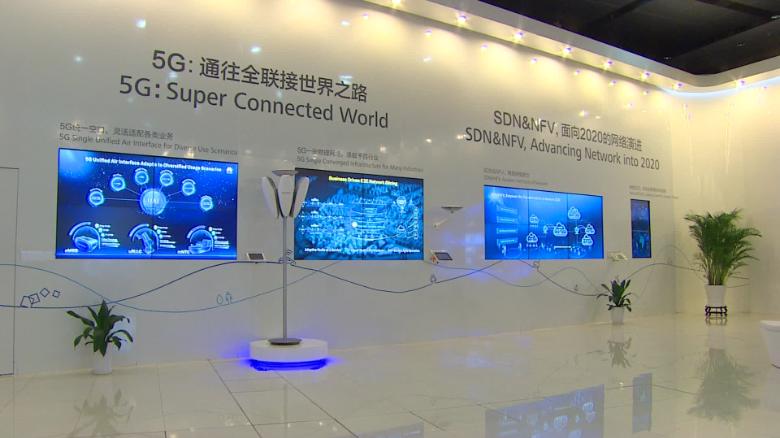Nokia is fighting hard to steal Huawei’s 5G crown

The Finnish telecommunications equipment maker said Tuesday that it has signed 42 commercial 5G deals around the world.That puts it on par with Huawei, which has invested heavily in developing the next generation of wireless technology that will underpin much of the new digital economy. The Shenzhen-based firm is the world’s largest telecommunications equipment maker, but it has been under fire from a US-led campaign against its business. The United States has been pressuring allies to ban or restrict Huawei equipment from their 5G networks, citing national security concerns. The Chinese company has repeatedly denied that any of its products pose a national security risk. Huawei confirmed Tuesday that it has also signed 42 5G contracts, including 25 in Europe, 10 in the Middle East and six in Asia. But Nokia’s footprint is growing much faster. The company has signed a new contract every week since March, it said.Huawei had announced 40 commercial 5G deals by the end of March, while Nokia (NOK) had around 30 at that time, according to Charlie Dai, an analyst with research firm Forrester. That means Nokia has signed 12 new deals in the last two months compared to two for Huawei. “Huawei’s 5G business growth is facing some headwinds … but it’s still keeping the momentum,” said Dai, noting that the Chinese company last week announced a memorandum of understanding with the African Union which would cover the rollout of 5G networks. The latest restriction from Washington barred US companies from selling key parts and components to Huawei. That means Huawei cannot buy US software and hardware as part of new contracts with carriers for 5G infrastructure going forward.The US export ban has forced crucial suppliers to cut ties with Huawei and wireless companies in Japan and the United Kingdom to delay the launch of Huawei smartphones. Huawei’s telecom equipment is also facing new roadblocks — SoftBank (SFBTF) announced last week that it chose Nokia and Swedish firm Ericsson (ERIC) for its 5G network, shunning Huawei which had been a vendor for the Japanese carrier’s 4G network. “Because the 5G supply chain is so global, US actions are having a broad impact on Huawei suppliers and customers of its infrastructure and smartphones, forcing all involved to make choices they would not otherwise make and on a compressed timetable,” analysts at Eurasia Group noted last week. The next generation of ultra-fast wireless networks will power everything from self-driving cars to smart speakers. The US government doesn’t want 5G networks, which will carry a lot of sensitive data, to be built by Huawei. Washington has long claimed that Beijing could use Huawei equipment to spy on other nations. Huawei said it has never received such a request, and would not comply if it did. Nokia and Ericsson are Huawei’s major rivals when it comes to supplying global telecom equipment. They stand to gain the most from Huawei’s pain. “If Huawei’s ability to sell and support its network equipment to operators in certain parts of the world is impaired, as the company is currently prevented from doing in the US, Ericsson and Nokia would likely benefit,” analysts at Fitch Ratings said in a recent note.Nokia appears ready to steal a march on Huawei. “Here and now — at the beginning of one of the most radical technology transitions ever with 4G giving way to 5G — this is Nokia’s time to shine,” CEO Rajeev Suri said in Tuesday’s statement.







